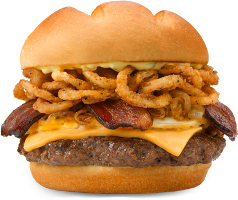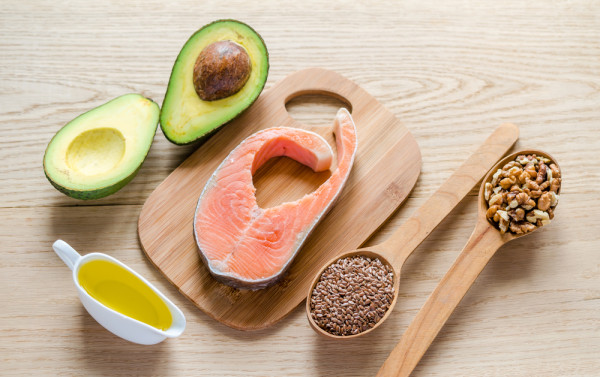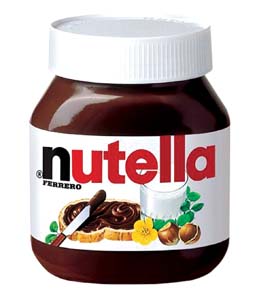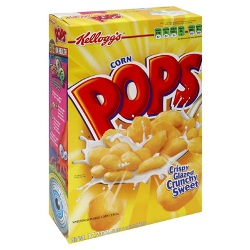 Mary Hartley, RD, MPH, is the director of nutrition for Calorie Count, providing domain expertise on issues related to nutrition, weight loss and health. She creates original content for weekly blogs and newsletters, for the Calorie Count library, and for her popular daily Question-and-Answer section, Ask Mary. Ms. Hartley also furnishes direction for the site features and for product development.
Mary Hartley, RD, MPH, is the director of nutrition for Calorie Count, providing domain expertise on issues related to nutrition, weight loss and health. She creates original content for weekly blogs and newsletters, for the Calorie Count library, and for her popular daily Question-and-Answer section, Ask Mary. Ms. Hartley also furnishes direction for the site features and for product development.
Saturated fat was recently in the news at the Institute of Food Technologists expo when experts revealed, again, that the link between saturated fat and cardiovascular disease is inconclusive. Both the public and professionals are now confused, since diets low in fat, particularly saturated fat, have been the mainstay of scientific consensus for more than 30 years. Saturated fat, a solid fat mainly found in animal foods, includes cheese, whole milk, butter, and fatty cuts of meat. It, together with liquid poly- and mono-unsaturated fats from nuts, seeds, grains and fish, make up all naturally-occurring dietary fat.
Back in the 1970s, the American Heart Association and other authorities said to reduce all fat to 30 percent of total calories and saturated fat to 10 percent or less. The recommendation was drawn from epidemiologic studies that compared the diets among different countries, in particular, the Seven Countries Study. Those studies showed a correlation between total fat intake and rates of heart disease. That, along with the National Diet-Heart Study of the 1960s, form the basis of the message that reduction in saturated fat lowers blood cholesterol and risk of heart disease.
(more…)











